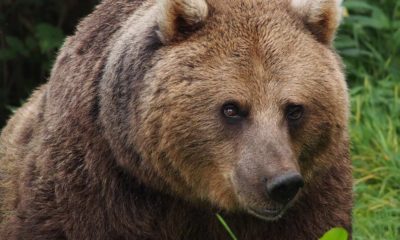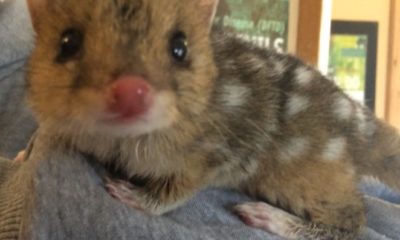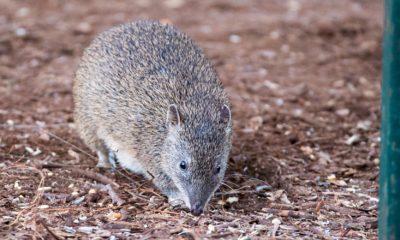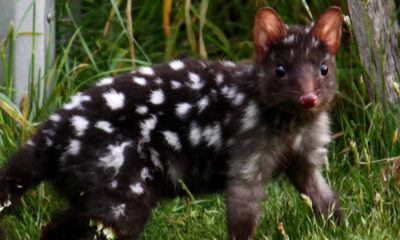By Dr. Tina Brandon Abbatangelo
For the past 10 years, I have volunteered my dental skills with the Peter Emily International Veterinary Dental Foundation, a non-profit organization that provides dental care to captive wild and exotic animals, including big cats, bears, wolves and nonhuman primates. Everyone in our organization has the same mindset and goal: help restore the oral health of these animals so they can live out healthy lives.

In surgery with exotic animals. Courtesy of Dr. Tina Brandon Abbatangelo
The more sanctuaries and rescue habitats I visit, the more I question why the animals were there. My mission trips have taken me to a dark place that I feel needs to be unveiled.
Reading statistics (there are more tigers in private hands within the US than there are in the wild) and articles about children and adults being mauled or killed by someone’s exotic “pet” is a great start to understanding this issue.
I have seen numerous sanctuaries and rescue habitats across the country that have been bombarded with exotic animals, most of which were surrendered, confiscated, or rescued. We need much more awareness and education about this crisis.
Dubious conservation
Sadly, conservation is often cited as the justification for breeding exotic animals. Many of the cubs are destined for disreputable roadside zoos, or photography and play sessions. Then, when they grow too large, the “owners” discard them to backyard menageries, or other entertainment.

In surgery with exotic animals. Courtesy of Dr. Tina Brandon Abbatangelo
These places contribute nothing to conservation. Inbreeding is rampant, and none of the captive bred animals will ever be reintroduced to native habitats. Some captive born animals are being killed or sold within the illegal wildlife market.
The trade in captive wildlife parts drives the demand for the “real” product, resulting in animals being poached in the wild.
I witness too often the dramatic results of the selfishness that accompanies the exploitation of captive exotic animals. I have seen felid and primate canines (fangs) drilled down to nubs because it supposedly makes the animals less dangerous; declawing, which debilitates wild cats; and many long-term medical conditions caused by inbreeding, malnutrition, mistreatment, and neglect.
Glamour over ethics
Owning one of these beautiful and majestic wild creatures is a responsibility too large for any individual to undertake. These animals should never be removed from their natural habitats because someone finds owning one glamorous. I know the foundation’s services are well-needed and essential for the captive animals’ survival, which is what keeps me going.
That, and the hope that things can change.

In surgery with exotic animals. Courtesy of Dr. Tina Brandon Abbatangelo
In my state of Nevada, we do not have a law prohibiting people from owning exotic animals. We are one of the last four states that does not have a state law. There are only county ordinances.
The greatest challenge is from the big corporations protecting the entertainment industry. This opens the door for unscrupulous individuals who come into the state looking to make a quick buck. One such person recently used sickly big cat cubs for parties and private events, some of them rolled through casinos in suitcases.
It’s time for Nevada to start thinking about the animals’ long-term well-being, public health and safety versus financial gain.
Ideally, all exotic animals and their natural habitats would be protected and respected, and the hand of man would stop interrupting their true existences. In the meantime, I am proud to work with the Peter Emily Foundation, be of service to exotic animals in need, and do what I can to make their lives better.
Dr. Tina Brandon Abbatangelo is a UNLV School of Dental Medicine professor and two-time Ms. Nevada winner who has used her pageant platform to raise awareness about the exotic animal trade. She has also written a children’s book focused on the work by the Peter Emily International Veterinary Dental Foundation.
The views expressed in this article are those of the author, and not necessarily those of Conjour or its team.



























You must be logged in to post a comment Login